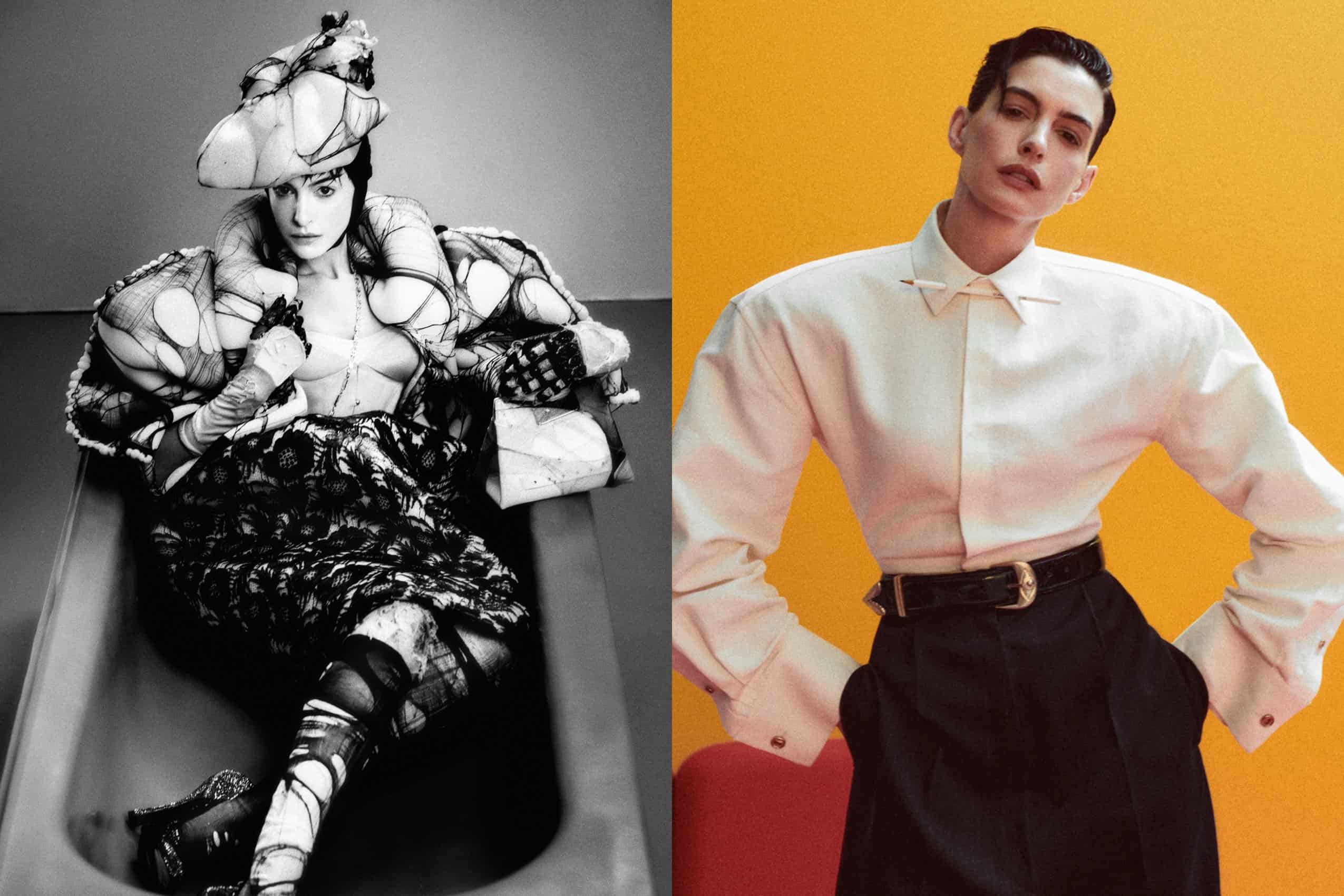In other instances it’s the music that provides the menace. Michael Small’s score plays like a deranged fanfare, interrupting its own triumphalist tones with a sort of musical nervous breakdown. Notes bend and break. The tone veers from “God Bless America” to dark and twisted. Small, who also scored the uneasiness of “Klute,” “Night Moves” and “Marathon Man,” extended the film’s paranoia beyond the visible.
The visual corollary to Small’s score, triumphant but diseased, comes when Beatty sits down in a dark room for his Parallax test to see if he, too, might make a good assassin. The screen fills with a series of images, some wholesome—mother and son, smiling cheerleader—and some sinister (an orgy, a lynching, Hitler). It’s like an outbreak of a Soviet montage in the middle of the film, uncanny and deeply disturbing.
More recent films have conjured their own kind of paranoia. David Fincher’s “Zodiac” (2007), with the late Harris Savides’ noirish cinematography, sends the hunt for a serial killer down a series of rabbit holes; like many other paranoid movies, it’s also about obsession. (It’s hard to be paranoid if you’re not also obsessed). “Michael Clayton” (2007) weds paranoia to two more of its tried and true companions, conspiracy and murder. (At the center of the film is the most eerily antiseptic murder you’ll ever see on screen). These are throwback movies that wear their paranoia proudly; you get the feeling that Pakula, who died in a car accident in 1998, would approve.
In these films it’s not delusional to be paranoid. It’s smart. It’s like the Joseph Heller line from Catch 22: “Just because you’re paranoid doesn’t mean they aren’t after you.” The characters in these films have every reason to be paranoid; their suspicions are generally proven right by film’s end, even if they’re no longer alive to enjoy the satisfaction. But they tend to underestimate the threat. Beatty’s reporter wants a story. Nicholson’s private investigator doesn’t like being made a fool of, and he wants the guys who sliced his nose up. Then the stakes keep getting higher, the evil gets harder to contain, and the grand design comes into focus. By then it’s too late. As John Huston’s Noah Cross, the puppet master of “Chinatown,” so helpfully advises Nicholson’s Jake Gittes: “You may think you know what you’re dealing with, but believe me, you don’t.”
That’s what makes a paranoid hero. They’re all in over their heads. Objects are way bigger than they appear in the mirror. The plot mechanism that starts off looking like an inconvenience, or even an opportunity, becomes a nightmare. And we’re along for the ride, sometimes a step ahead of the hero, more often so caught up that we wonder if those malevolent forces might be out to get us as well.
To order a copy of “The Parallax View” on Criterion Blu-ray, click here.
You can view the original article HERE.


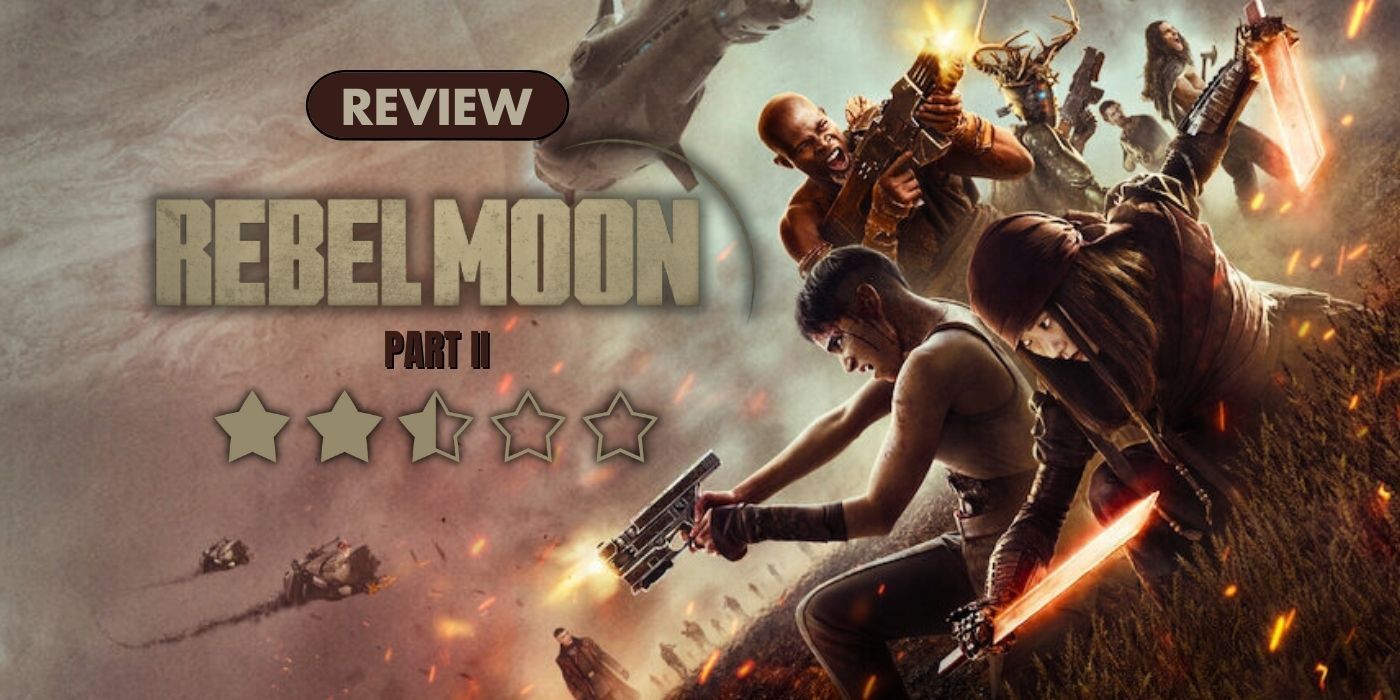
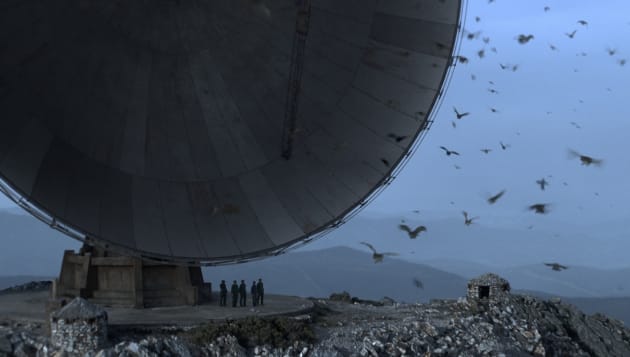

:quality(85):upscale()/2024/04/18/908/n/1922283/0cf3ac226621870c33bf10.81326158_.jpg)
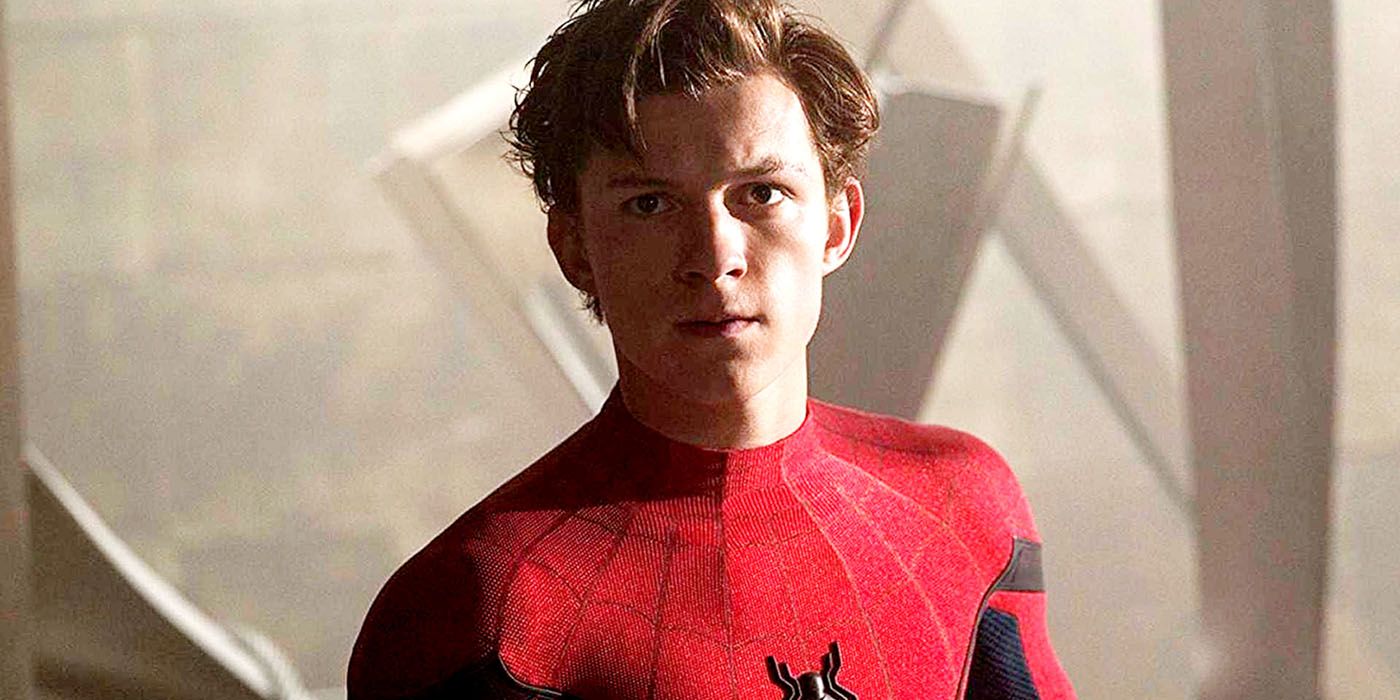
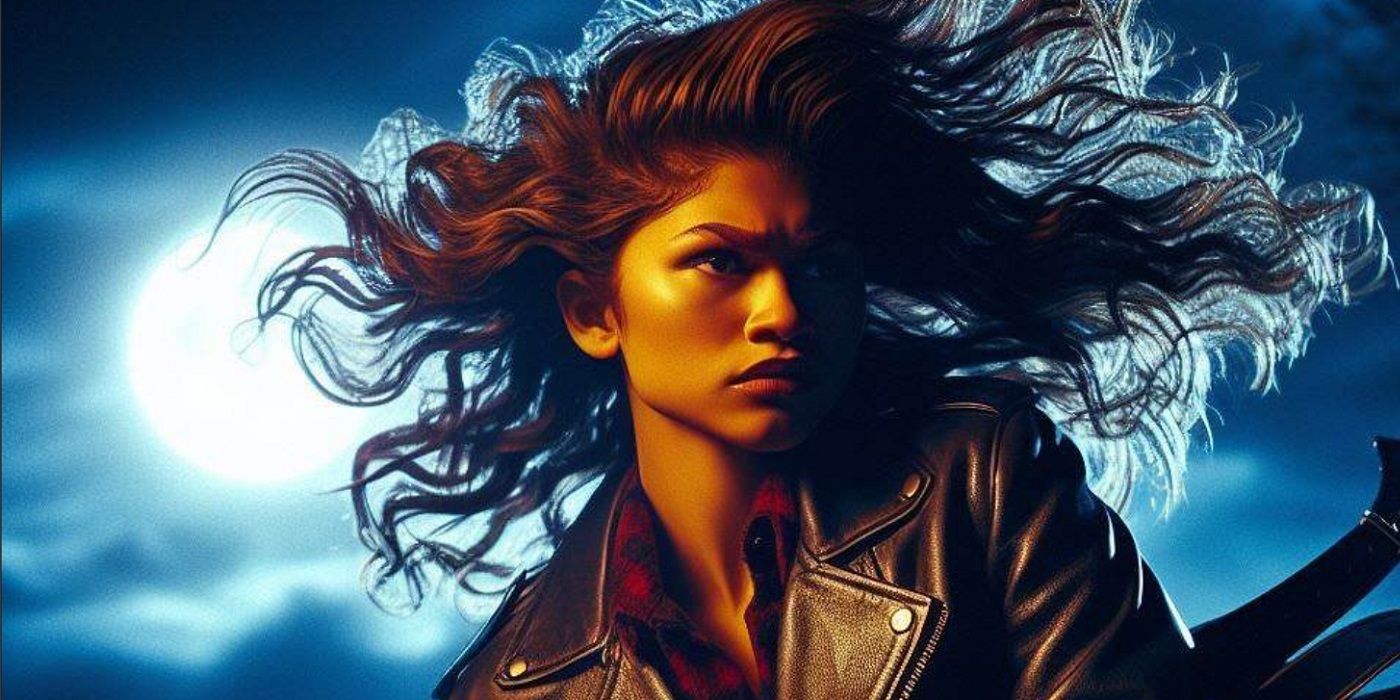

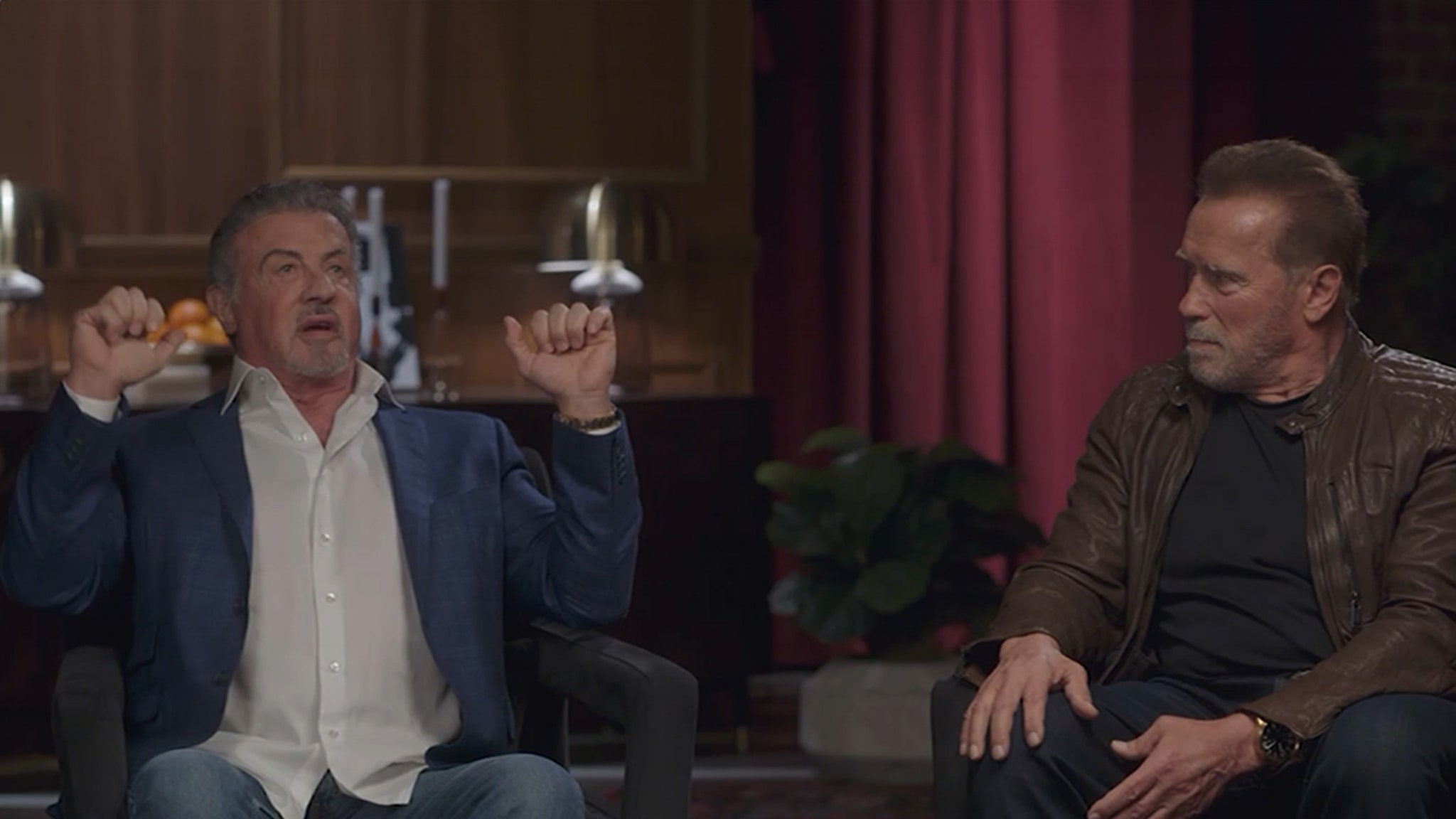

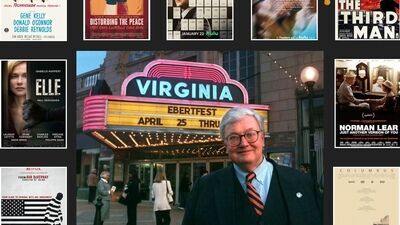
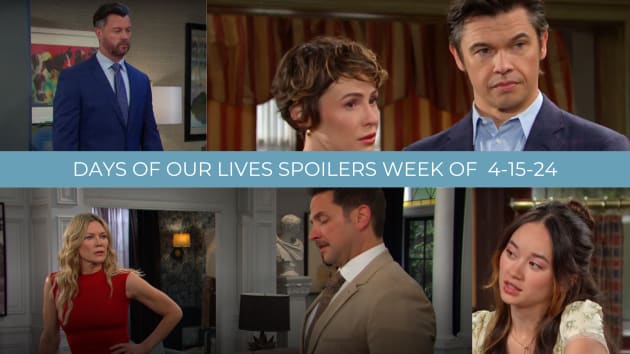

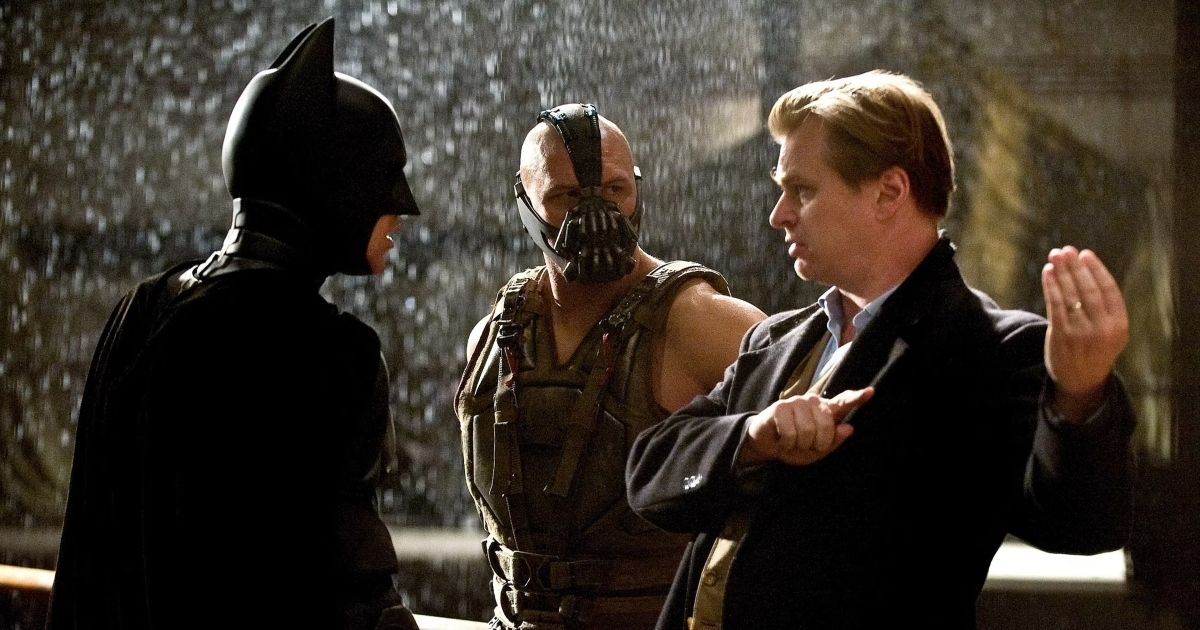
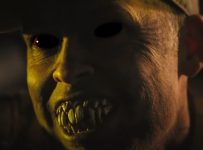

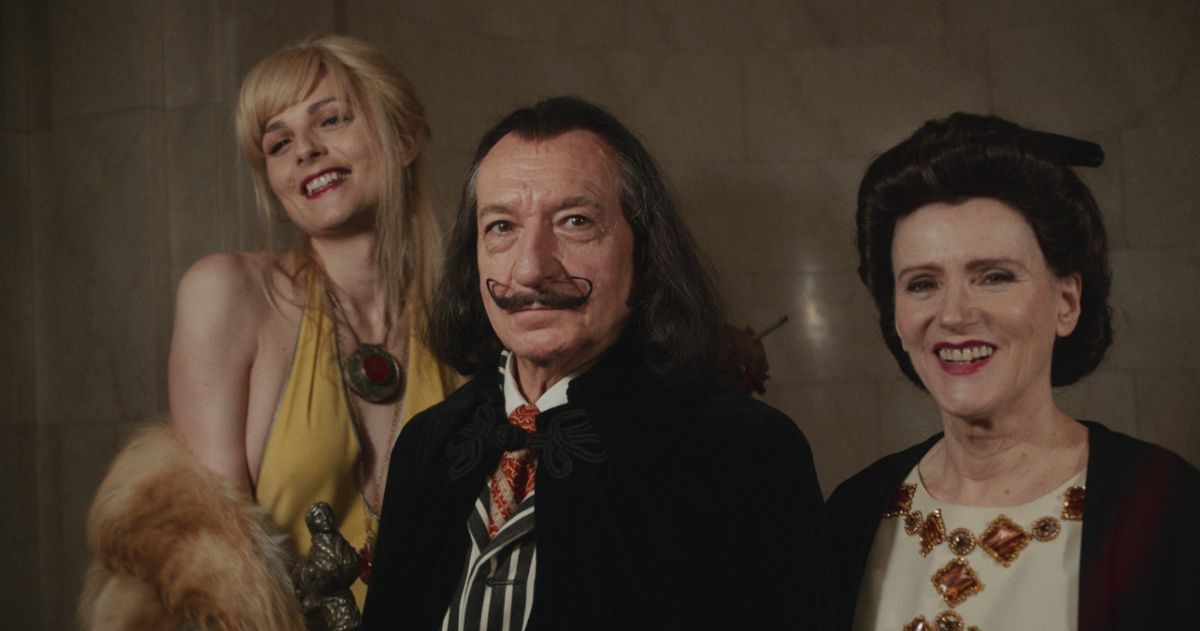
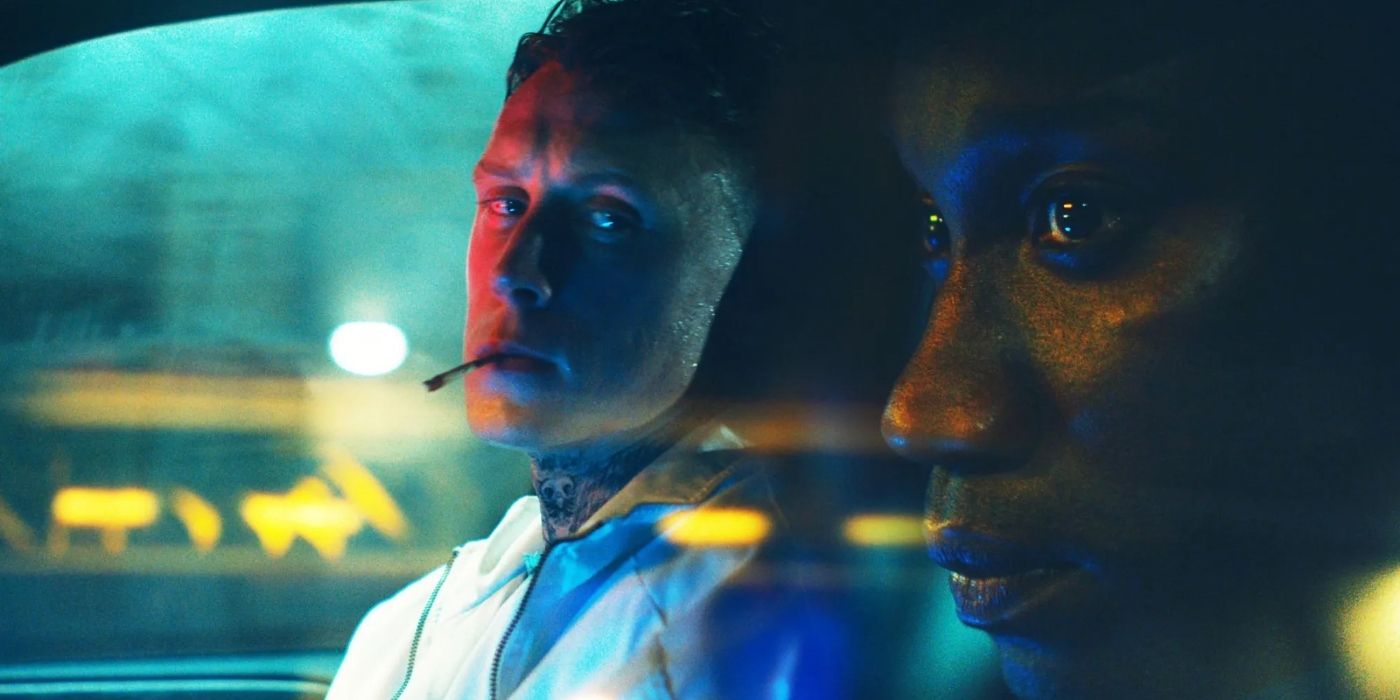



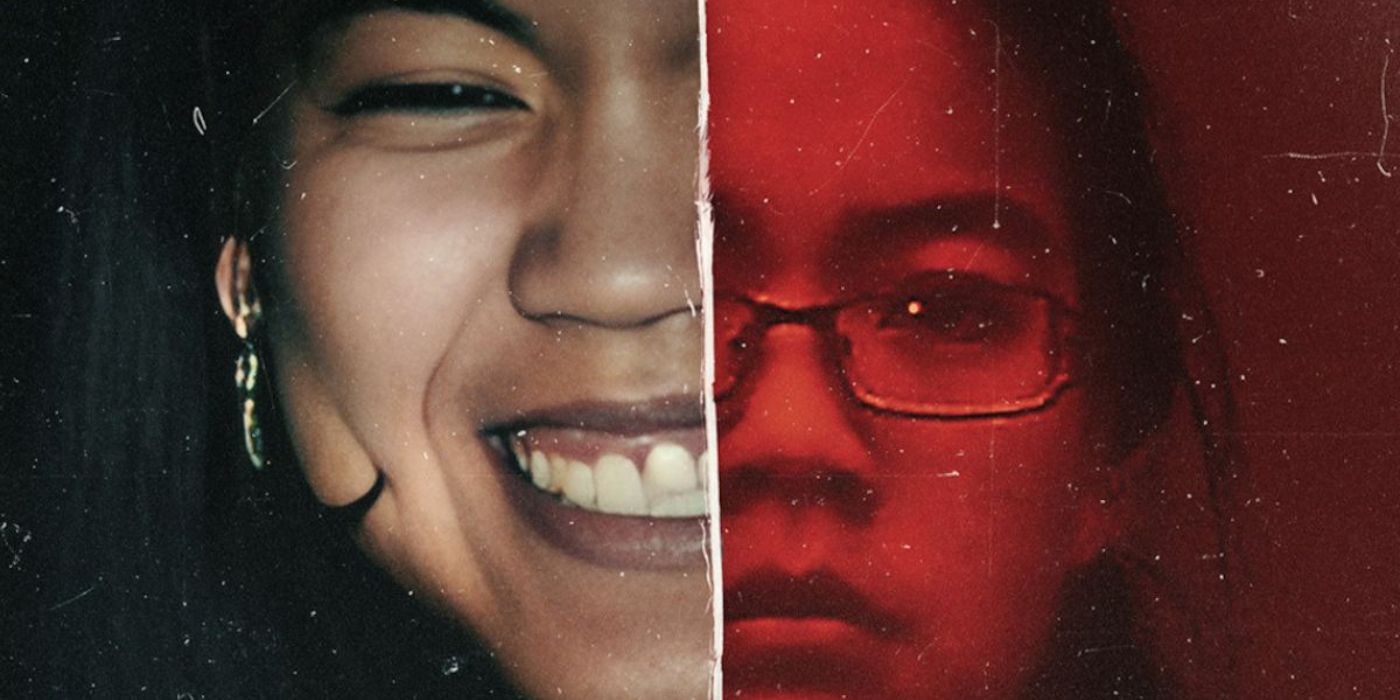
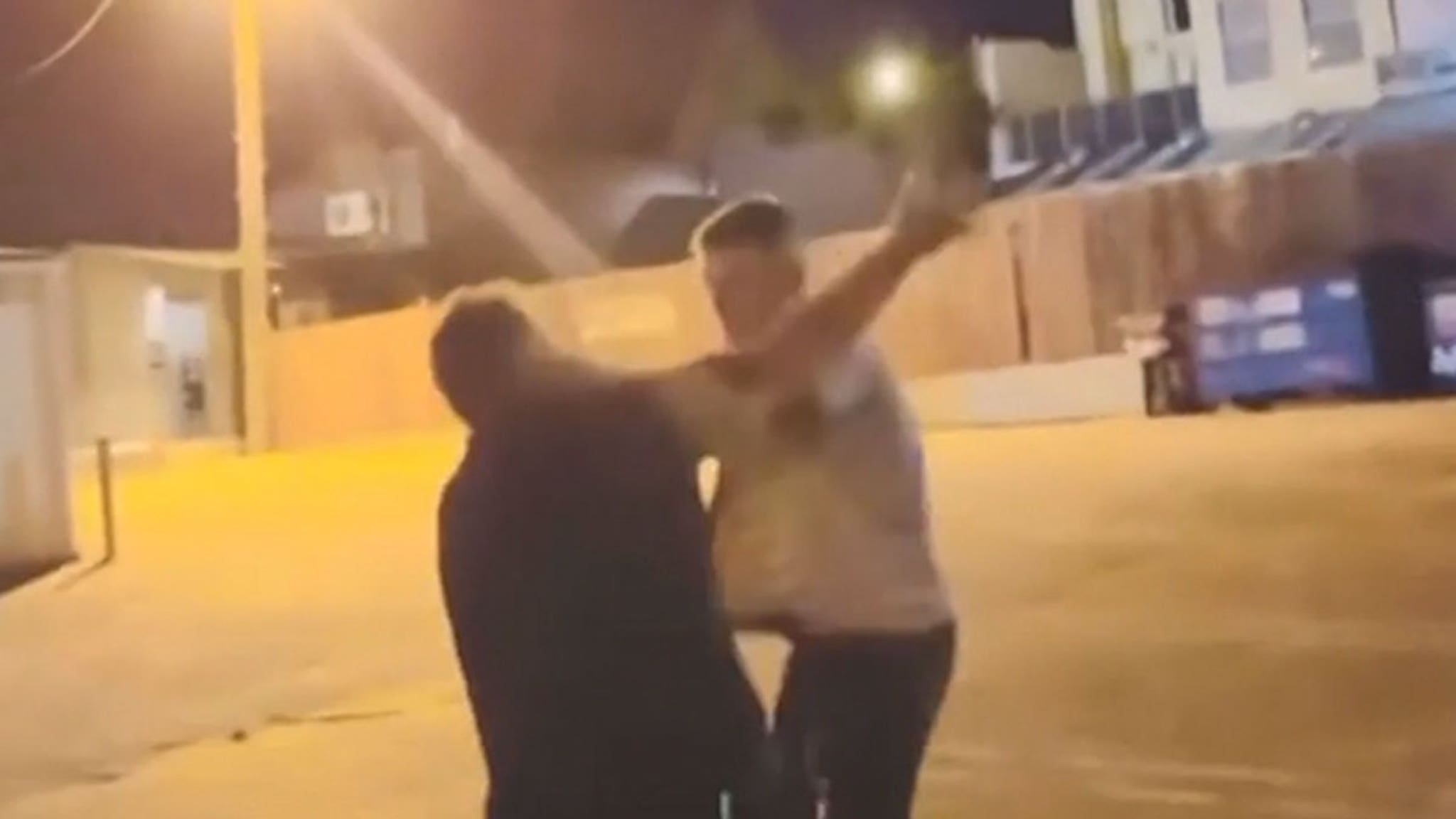

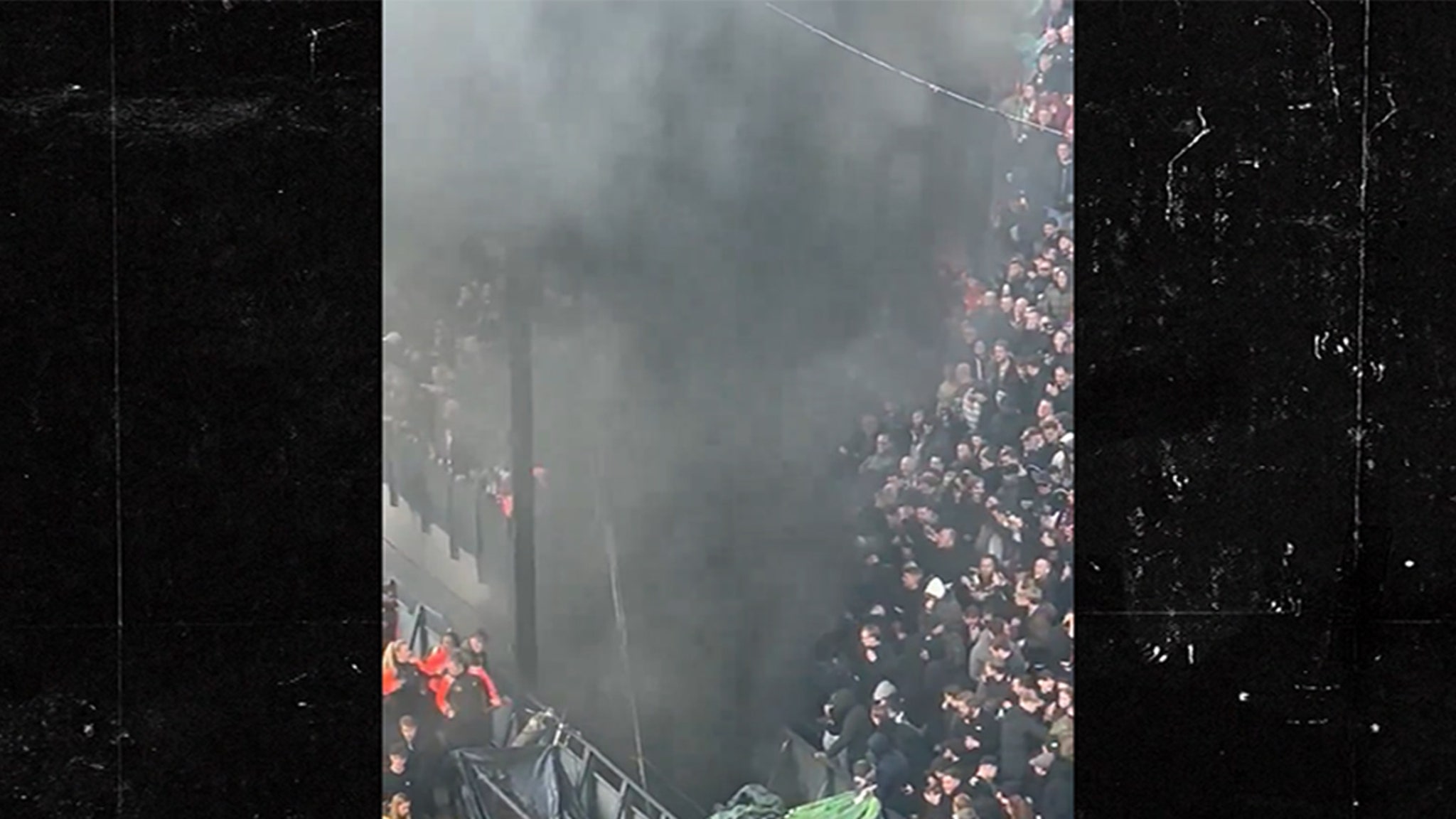
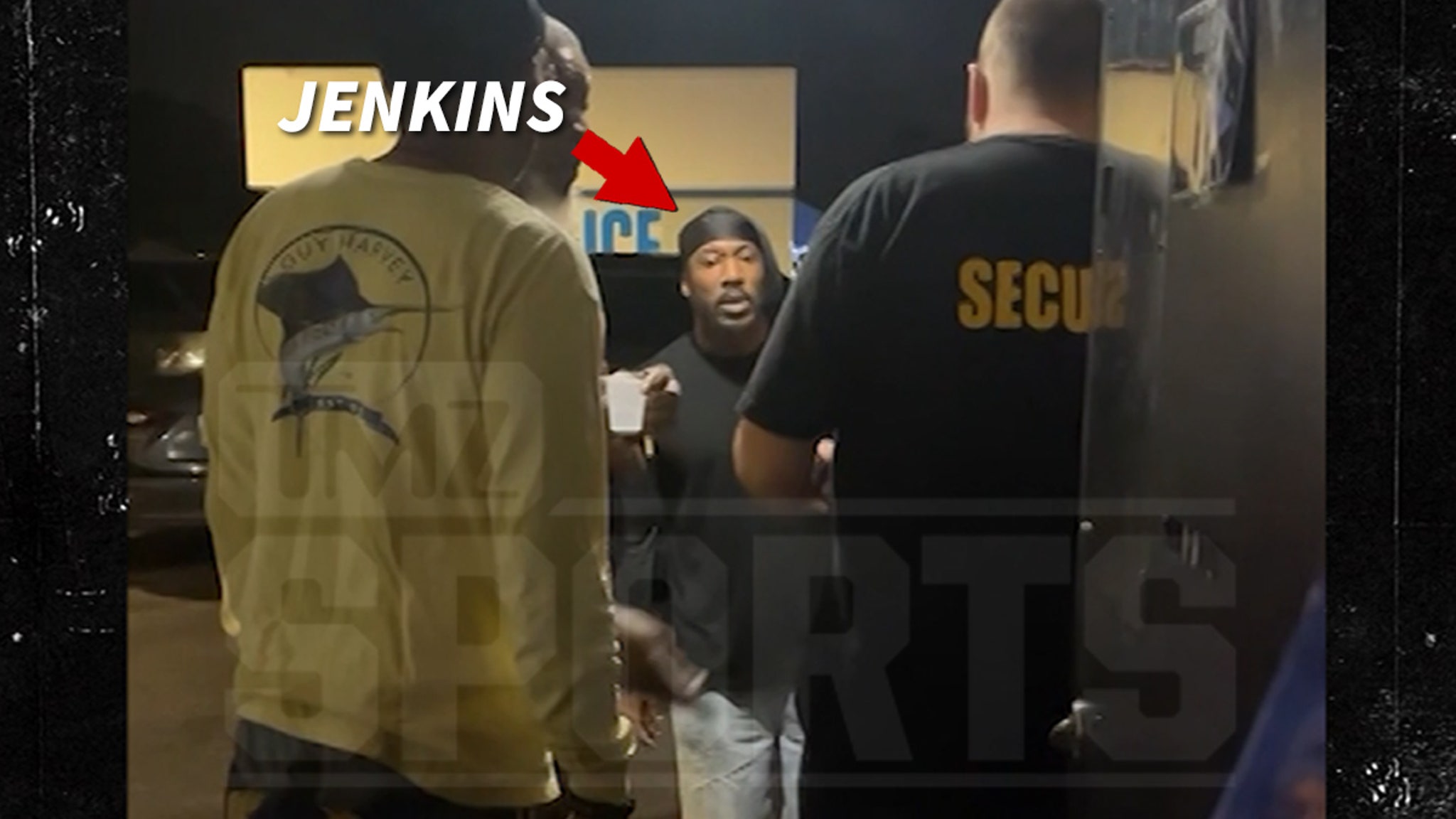
:quality(85):upscale()/2024/04/21/734/n/1922564/725659a7662540c434a026.79322351_.jpg)
